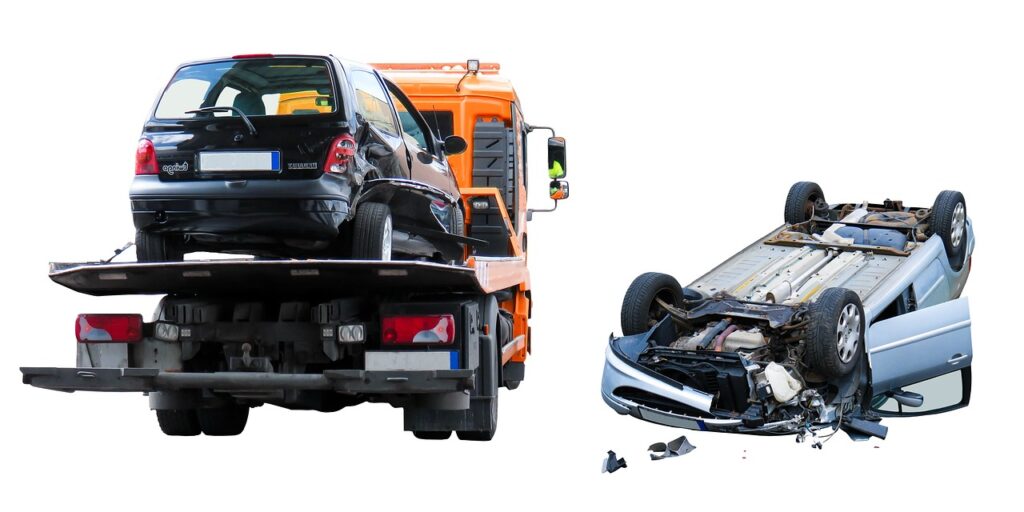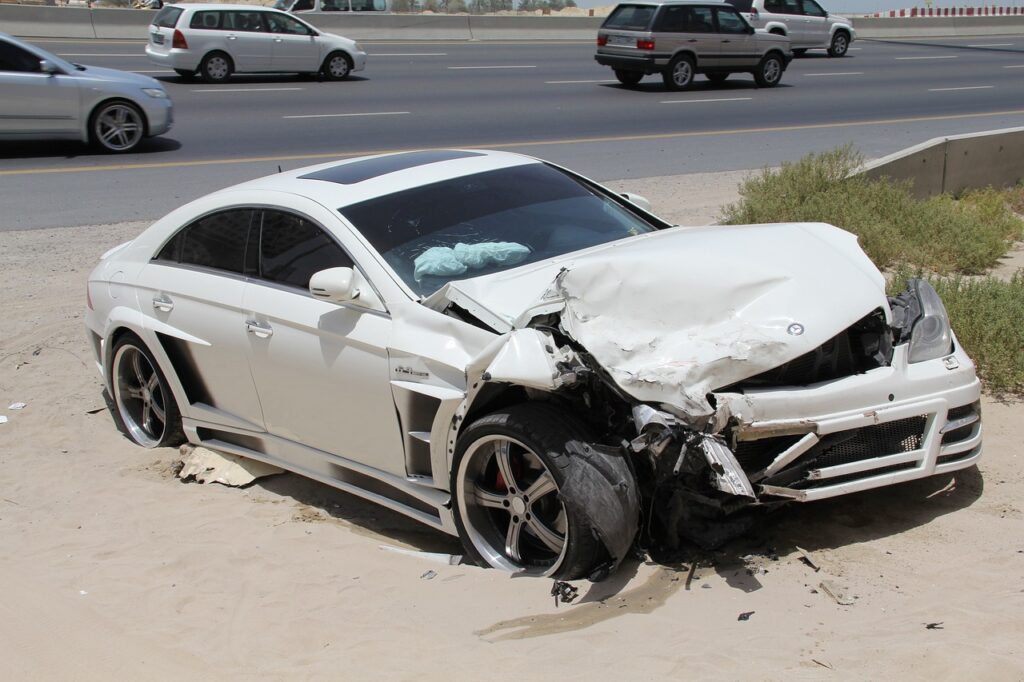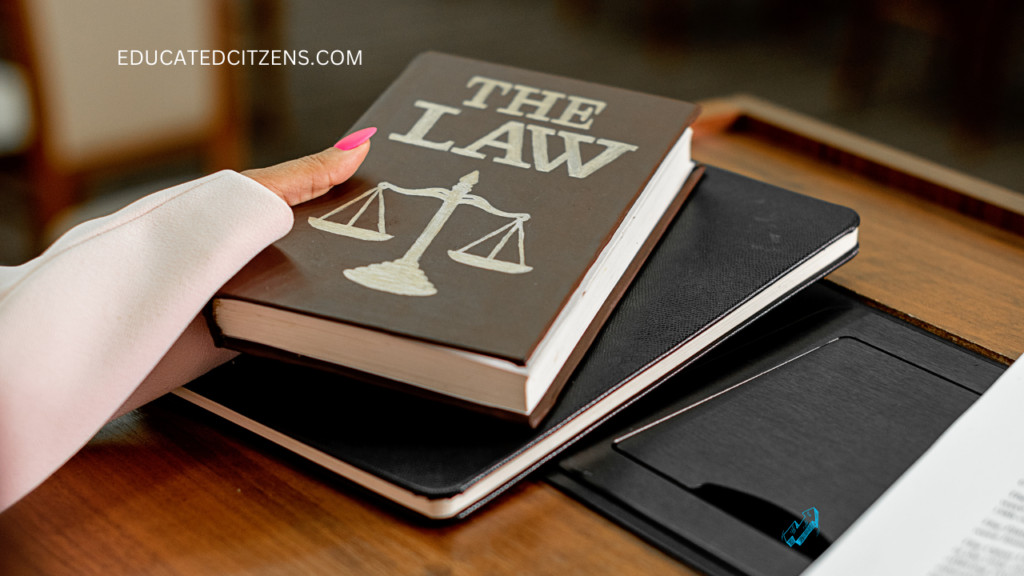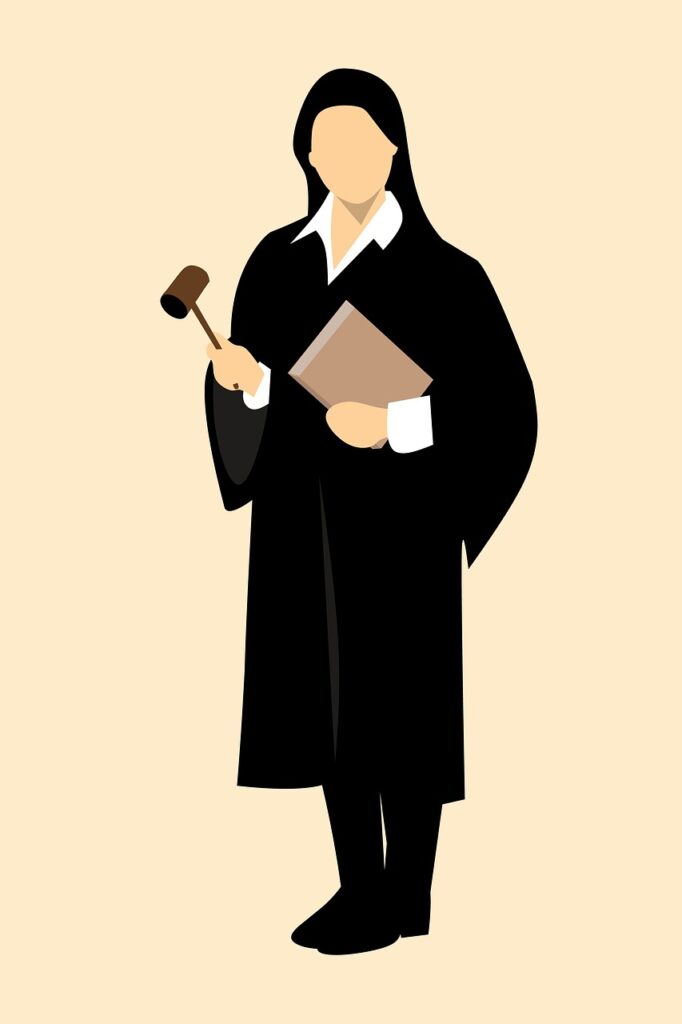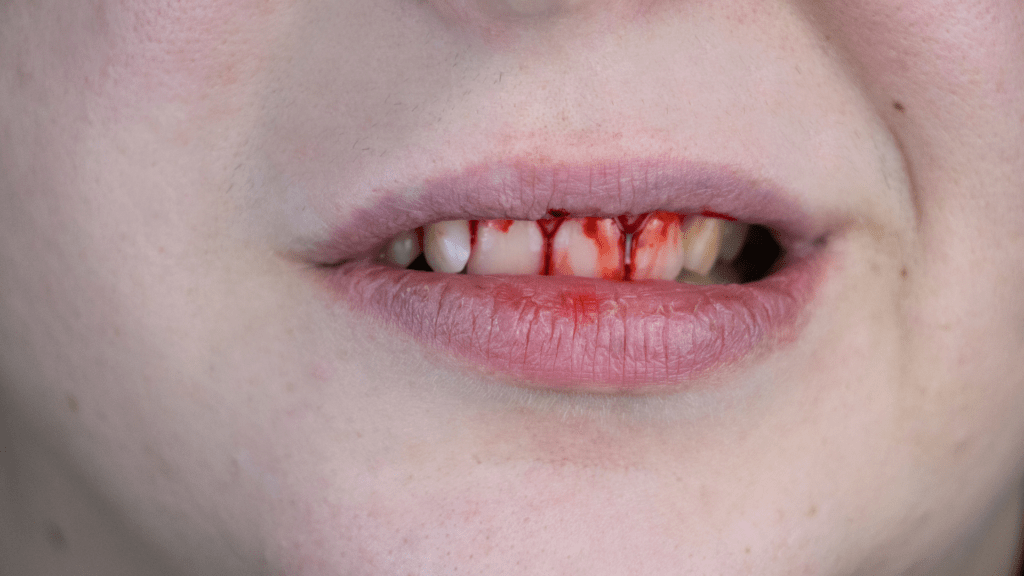What Happens When You are At Fault for a Car Accident? and why should you hire a car accident attorney even though you are the at-fault driver?
Being the at-fault for the accident means implies you did something bad or failed to do the right thing which resulted in an accident, in which the innocent driver and passengers got injured, and or lost their property. For instance, the at-fault driver probably attended to his/her phone while driving, was under the influence (DUI), and or there was overspeeding.
But, is there a possibility of accusing you falsely of being the at-fault driver? How do you prove your innocence? What if it’s true that the car accident is entirely your blame? is there a way out? will hiring a car accident attorney to save you? Is there a possibility the other driver shares responsibility in the car accident? How will you prove so?
The implications of being the at-fault driver are enormous! The other party you crashed will be entitled to large sums of Dollars which you are responsible for paying, or else face jail time and other penalties. Unless you were wise enough and purchased adequate car insurance coverage, be ready to pay huge sums of money (damages) from your own pockets or garnished properties.
Well, this article covers everything you ever need to do in case you are truly or falsely labeled the at-fault driver for a recent automobile crash. I also include gadgets you could install on your car like Dash cams that help in proving your innocence in the car accident.
If you are sued or engaged in fierce negotiations for a settlement with the car insurance company, check out our books on how to win personal injury lawsuits and our recommended books that teach you how to drive like a pro in a bid to avoid car accidents. Alright, here are the contents of this article, go through and look at sections that are of your interest. Here we go!
Page Contents
Can I lose my house due to at-fault car accident?
If you carry adequate car insurance policy limits, no, you won’t lose your house due to an at-fault car accident. Another alternative is when the at-fault driver is financially stable enough to compensate the car accident victims right from his/her own savings/income.
If you take all the blame for the car accident and unfortunately have no adequate auto insurance coverage, most likely you will be sued to pay the damages. The courts of law could pass a resolution to garnish your current or future income, and or confiscate your properties. Your house could be held (garnished) to pay settlements (damages) awarded to the claimant (plaintiff).
Many drivers say they were falsely blamed for the accident because they had no way of proving their innocence. Let no one blame you for the accident you did not cause. Also, your clear rear-view while backing up reduces the chances of hitting another incoming vehicle, pedestrian, or motorcyclist. Install one of these Dash cams today.
Dash Camera 1
DASH CAMERA 2
Some good cameras record a whole-length video and give you evidence of how the accident occurred. If a driver rear-ended you, or changes lanes wrongly, pull out a video and prove your innocence. See this good video recording car camera now.
CAR VIDEO CAMERA 1
CAR VIDEO CAMERA 2
Does full coverage cover at-fault accidents?
It is a requirement by law in the USA for every driver to show proof of financial responsibility before they are allowed to drive their cars. One of the ways to show financial responsibility is by purchasing automobile insurance coverage.
In fact, 49 states have stated the minimum required insurance coverage any driver should carry before he/she is allowed to drive. A large number of states make it mandatory for each driver to carry liability coverage also known as third-party car insurance coverage. According to the latest statistics, less than 88% of Americans carry auto insurance coverage.
Liability coverage actually forms part of full coverage car insurance. Other components of full coverage car insurance are collision coverage, comprehensive, and uninsured/underinsured insurance policies. If you are responsible for the car accident, yes, full coverage will help you cover car-related expenses only when your policy limits are higher enough.
Have you been sued or are you currently engaged in fierce car accident negotiations with the insurance company? Are you pursuing a personal injury lawsuit? read this excellent book and learn everything you need to do.
win car accident lawsuit
Win higher settlement
Learn to drive like a pro
What happens if both sides are at fault in an accident?
There are different ways car accident fault system is classified in the USA, and this varies from state to state. Also, car insurance laws differ from state to state. It is advisable to learn about these laws so as not to be caught off-guard.
Assume drivers A and B are involved in a car crash. Let’s assume it was later declared that driver A shares 20% of responsibility in the car accident while driver B’s degree of negligence is found to be 80%. Here are a few examples of how fault is classified in the USA.
In some states, no driver will file for damages or compensation since both contributed to the accident. We call this contributory negligence system states. In such states, only the driver with a 0% degree of negligence gets compensated. Examples include Alabama, Maryland, North Carolina, and others. Here both drivers receive nothing!
In another group of states, both drivers A and B are entitled to compensation. For instance, if driver A accident-related expense is determined to be $100,000, he/she only receives $80,000 because he/she is 20% at fault for the accident. His/her damages will be reduced by the degree of fault. We call these pure comparative fault states and these include Alaska, Arizona, California, Florida, and others. So all drivers here, irrespective of being at fault or not deserve compensation.
The 3rd group of states implements what is called a modified comparative fault system in which any driver gets compensated as long as his degree of blame for the accident does not exceed 50 or 51%. In such states, only the person who is less to blame is compensated. Using the above example, only driver A gets compensated by driver B. Examples of states are Maine, Idaho, Michigan, and others.
Having that said, I highly recommend you consult an attorney if you are at fault for the accident. You may be entitled to a certain percentage of damages or compensation, depending on where you come from. In other car insurance laws, your settlement could also be affected by the degree to which you contributed to the crash, so that is the reason hiring a car accident attorney is paramount.
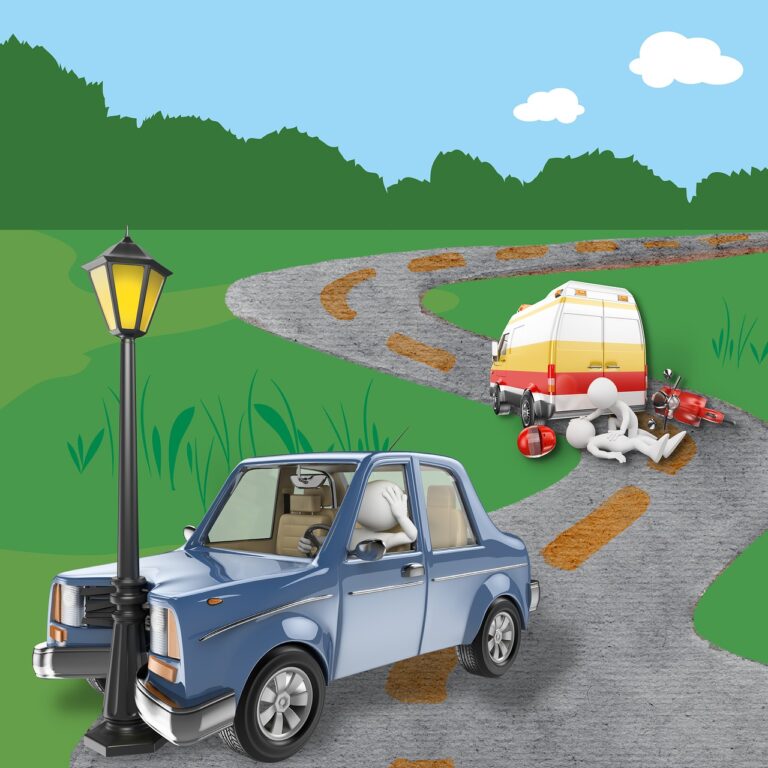
I've had a car accident that was my fault -what to do?
If you just had an accident that was your fault, be prepared to pay and pay, unless you carry auto insurance coverage. According to my simple study, some car accidents settle for somewhere between $834,686 and $285,000. If you think that is huge money, go buy car insurance today.
On the other hand, if you just had a car accident that was your fault, do not lose hope just yet. Go hire a personal injury lawyer and let him explore your case. Depending on the state or country you come from, they are ways an experienced attorney could manipulate your case. Probably there is obvious evidence the other driver shares responsibility in the car accident which you should capitalize on.
Car accident laws differ by area of jurisdiction. You may be surprised to discover that the other innocent driver owes you some damages, or the amount you are supposed to pay him as compensation ought to be reduced by his/her degree of fault, however small it is. Only an experienced personal attorney can help you explore such opportunities.
Can you get compensation if the accident was your fault?
Yes, you can, but this depends on where you come from. In states where there is a comparative negligence system, the at-fault driver too, is entitled to some compensation even if he/she is 99% responsible for the accident.
In both pure and modified comparative fault systems both drivers get compensated, or what the innocent driver gets as damages is reduced by the degree of negligence in the car accident. The majority (38) of states in the USA are fault-based. In fault-based states, it’s the driver with the highest blame that pays the other innocent party.
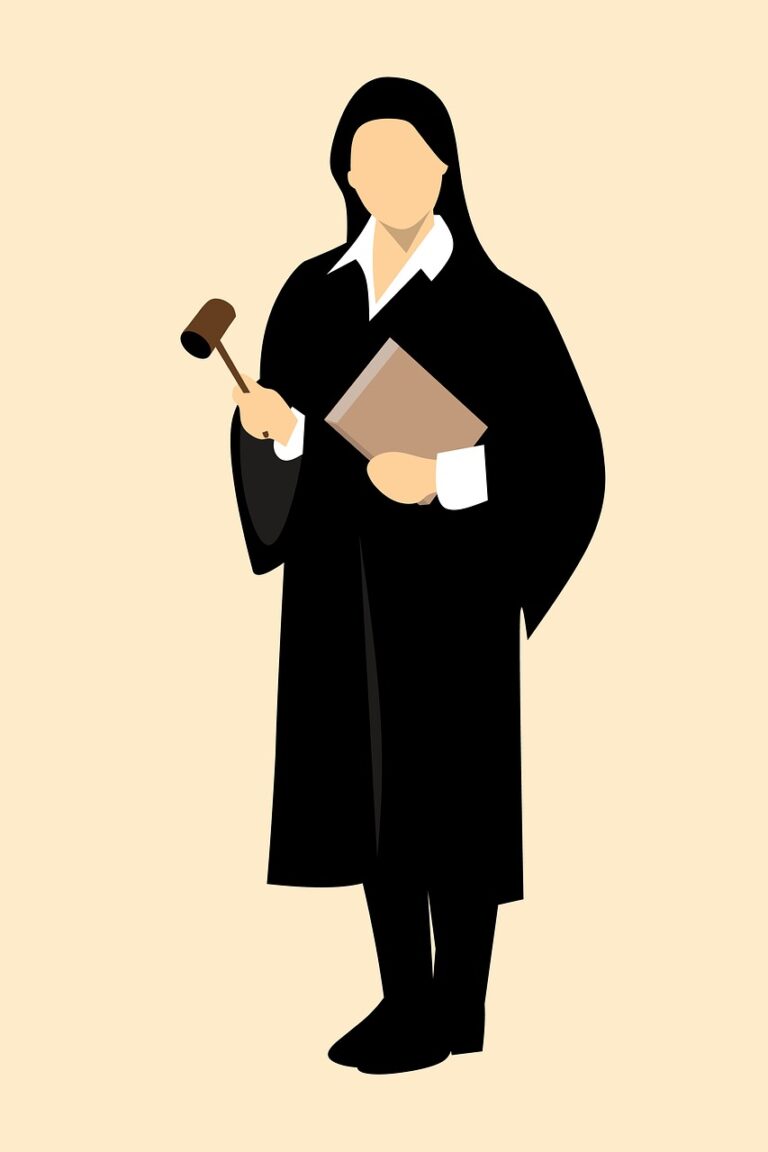
Should I get a lawyer for a car accident that was my fault?
You actually stand a higher chance by hiring a car accident attorney.
Remember, the complainant has to prove that the defendant (the at-fault driver) breached a duty of care which resulted in the car accident in which he/she was injured. The complainant needs to prove 3 things, a task that is not easy.
Only lawyers know how to collect, gather and present the evidence to either the insurance company or to the jury in case there is a lawsuit against you.
Car accident attorneys, or personal injuries not only defend complainants but also serve to protect the rights of the defendants (the at-fault driver). The lawyer will ensure that the at-fault driver does not overpay and also receive any possible damages by proving that the plaintiff (claimant) is also partially to blame for the accident.
What happens if both drivers are at fault in an accident?
If both drivers are at-fault in the accident, the following situations are possible.
- No one pays the other if the accident took place in pure contributory negligent states.
- The most at-fault driver pays the least-to-blame driver in some states.
- Both drivers pay or receive damages corresponding to their degree of negligence in the accident.
- In states where every driver is mandated to carry personal injury protection coverage (PIP), each driver files claims through their own PIP unless the limit in PIP is not adequate enough to cover the losses.
Can you fight an at-fault accident?
One of the causes of personal injuries is physical harm like assault. A person who is injured due to intentional or negligent acts of another person is entitled to damages like medical expenses, pain and suffering, emotional damages, and others.
According to current reports, car accidents account for more than 65% of all personal injury cases. You will have committed double offenses if you fought at the at-fault accident scene. You will pay damages for the accident you caused and at the same time be charged with criminal or civil assault.
It is quite possible people lose their tempers and start blaming each other by pointing fingers. Irrespective of being the at-fault driver or not, you should stay grounded and keep your cool. Fighting at the accident scene only worsens the case and you could be charged with several cases.

What happens if you injure someone in a car accident?
It is unlawful to either intentionally or negligently injure another person. If you live in fault-based states or countries, the injured person usually files a claim through your car insurance company for damages. Either you or your insurance agent pays.
If you live in a no-fault state, the injured party files a claim through their own insurance company. Their PIP pays up to the limit of the policy. For instance, If driver A injures B in a no-fault state and driver B incurs $40,000 in medical expenses. Assume driver A’s PIP policy limit is $30,000 whereas driver B carries a PIP policy limit of $25,000.
Driver B will first claim through his insurance company and receive $25,000 as his policy limits. To get the required $40,000 he spent on medical bills, he will have to go after driver A’s insurance coverage to get the top-up coverage.
Can I sue my insurance company if I was not at fault?
I already showed you how any driver irrespective of being at fault or not could be entitled to compensation. Just to remind you, this depends on where you live. Just because you are partially at-fault means that an insurance company could take advantage of this situation and deny you a settlement or compensation.
You can sue the insurance company if it denies you compensation even though you are at fault for the accident. At the same time, collision insurance coverage if you own one, helps you repair your car irrespective of being at fault or not. Not any insurance company should deny you compensation from your own collision coverage just because you are the at-fault driver. You will be asked to pay your deductible fee before you get compensated.
Is AZ a no-fault state?
The answer is a NO. Arizona is a fault-based state whereby the at-fault driver is liable for all the car accident-related costs. The driver who causes the accident pays the innocent driver.
Is Virginia a no-fault state?
Just like Arizona, Virginia subscribes to the fault-based negligence system. The driver with the highest degree of negligence pays the accident victims.
Is Arkansas a no-fault state?
Arkansas is a fault-based state. If you cause an accident, your insurance company pays. You will be asked to pay out of your pocket if you carry no or inadequate policy limits.
Is Kentucky a no-fault state?
Kentucky is a no-fault state whereby each driver should carry personal injury protection coverage (PIP). In the event of a car accident, each driver claims through their own PIP up to the policy limits.
In summary, the answer to the question, What Happens When You are At Fault for a Car Accident? is that it depends. In some states, you will pay for the losses you caused to the other party. In some states, you also receive some compensation corresponding to your degree of negligence.
